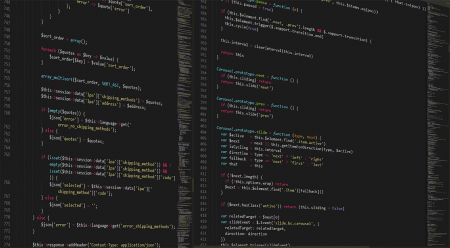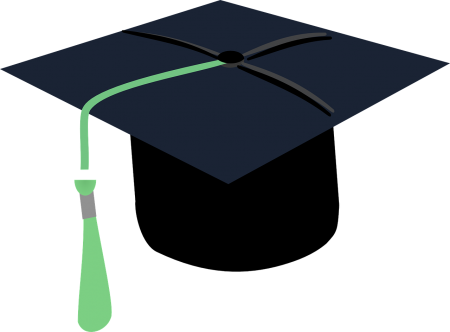The British Monarchy.The Monarch is really a figurehead representing the country.
The British Monarchy.
The Monarch is really a figurehead representing the country. For thousands of years England (and later whole of the United Kingdom) has been united under one sovereign. The hereditary principle still operates and the Crown is passed to the sovereigns eldest son or daughter if there are no sons. Upon the death of the Sovereign, his or her heir immediately and automatically succeeds (hence the phrase "The King is dead. Long live the King!"), and the accession of the sovereign is publicly proclaimed by an Accession Council that meets at St. James's Palace. The monarch is crowned in Westminster Abbey, normally by the Archbishop of Canterbury. A coronation is not necessary for a sovereign to reign; indeed, the ceremony usually takes place many months after accession to allow sufficient time for its preparation and for a period of mourning. On the one hand the Queen is one of the richest women in the world. The Crown Estate is one of the largest property owners in the United Kingdom, with holdings of 7.3 billion in 2011. But on the other хэнд her power is limited by the fact that many of her expenses are paid for by government money. The Civil List covers most expenses, including those for staffing, state visits, public engagements, and official entertainment. Its size is fixed by Parliament every 10 years; any money saved may be carried forward to the next 10-year period. In accordance with unwritten constitutional conventions, the Sovereign must appoint an individual who commands the support of the House of Commons, usually the leader of the party or coalition that has a majority in that House. The Prime Minister takes office by attending the Monarch in private audience, and after Kissing Hands that appointment is immediately effective without any other formality or instrument. In a "hung parliament", in which no party or coalition holds a majority, the monarch has an increased degree of latitude in choosing the individual likely to command most support, but it would usually be the leader of the largest party. Since 1945, there have only been two hung parliaments. The monarch could in theory unilaterally dismiss a Prime Minister, but a Prime Minister's term now comes to an end only by electoral defeat, death, or resignation. But the Queen has the power to prevent any politician from establishing a dictatorship. Some of the government's executive authority is theoretically and nominally vested in the Sovereign and is known as the Royal Prerogative. The monarch acts within the constraints of convention and precedent, only exercising prerogative on the advice of ministers responsible to Parliament, often through the Prime Minister or Privy Council. In practice, prerogative powers are only exercised on the Prime Minister's advicethe Prime Minister, and not the Sovereign, has control. The monarch holds a weekly audience with the Prime Minister. The monarch may express his or her views, but, as a constitutional ruler, must ultimately accept the decisions of the Prime Minister and the Cabinet The Royal Prerogative includes the powers to appoint and dismiss ministers, regulate the civil service, issue passports, declare war, make peace, direct the actions of the military, and negotiate and ratify treaties, alliances, and international agreements. It is the prerogative of the monarch to summon and prorogue Parliament. Each parliamentary session begins with the monarch's summons. The new parliamentary session is marked by the State Opening of Parliament, during which the Sovereign reads the Speech from the Throne in the Chamber of the House of Lords, outlining the Government's legislative agenda. The Monarch takes little direct part in Government. The decisions to exercise sovereign powers are delegated from the Monarch, either by statute or by convention, to Ministers or officers of the Crown, or other public bodies, exclusive of the Monarch personally. Thus the acts of state done in the name of the Crown, such as Crown Appointments,] even if personally performed by the Monarch, such as the Queen's Speech and the State Opening of Parliament, depend upon decisions мейд by others. The Sovereign's role as a constitutional monarch is largely limited to non-partisan
functions, such as granting honours.
Задание III. Найдите в 1,2,10 абзаце
текста предложения, в которых употребляется Participle I, Participle II, выпишите и переведите их на российский язык.
Задание IV. Найдите в 4,5,6 абзаце текста предложения, в которых употребляется Gerund, выпишите и переведите их на российский язык.
Задание V. Найдите в 8,9 абзаце текста предложения, в которых употребляется Infinitive, выпишите и переведите их на российский язык.
-
Вопросы ответы
Статьи
Информатика
Статьи
Физика.
Геометрия.
Разные вопросы.
Обществознание.
Математика.
Химия.
Русский язык.
Разные вопросы.
Разные вопросы.
Математика.




